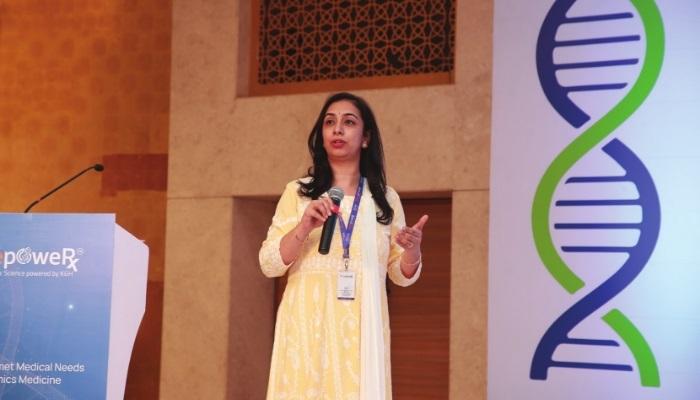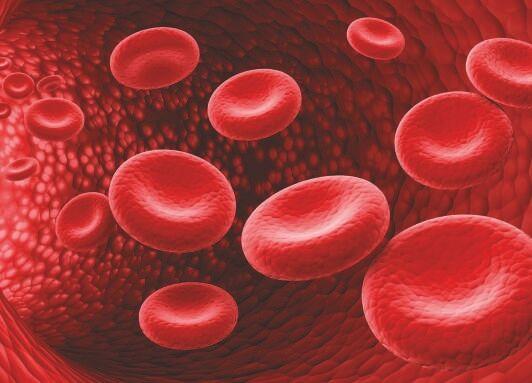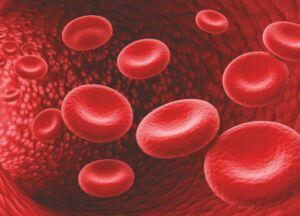
Approved Tumour-Agnostic Drugs

Cancer treatments usually target cancer that has developed in a specific organ or tissue, like breast or lung cancer. Tumour-agnostic therapy, also known as tissue-agnostic therapy, utilizes the same drug to treat all cancer types that have certain genetic mutations or biomarkers that are targeted by the drug.
This discussion enumerates drugs that are approved for cancer therapy depending on cancer’s protein or gene profile; these include Larotrectinib, Entrectinib, Pembrolizumab, Dostarlimab, Selpercatinib, Dabrafenib and Trametinib.
Larotrectinib: Cells having an abnormal NTRK gene lead to cancer growth. Larotrectinib is a targeted drug that is in pill or liquid form and prescribed to patients with metastatic cancer whose tumours cannot be removed using surgery and whose cancer continues to grow and spread during existing therapy. This drug disables the proteins made by the mutated NTRK genes and is typically taken twice a day.
Entrectinib: A mutated NTRK gene leads to cancer, and Entrectinib is a targeted drug that is in pill form and prescribed to patients with stage 4 cancer whose tumour cannot be removed using surgery and whose cancer continues to grow and spread during existing therapy. This drug impairs the proteins made by the mutated NTRK genes and is typically taken once a day. Entrectinib is also used to treat people with metastatic (stage 4) non-small cell lung cancer (NSCLC) who have a mutated ROS1 gene.
Pembrolizumab: Pembrolizumab is an immunotherapy drug that functions as an immune checkpoint inhibitor. It works on programmed cell death protein 1 (PD-1), which, when bound to another protein called programmed death ligand-1 (PD-L1), helps keep T cells from killing other cells, including cancer cells. By blocking PD-1, Pembrolizumab boosts the immune response against cancer cells and therefore slows tumour growth. This drug is an intravenous (IV) infusion, typically given every 3 or 6 weeks, and is prescribed to treat some advanced cancers or if the cancer cells have a defect in the mismatch repair genes (dMMR), a high tumour mutational burden (TMB-H), which means that the cancer cells have many gene mutations. Pembrolizumab is also used to treat many other specific types of cancer, like lung cancer and melanoma skin cancer.
Dostarlimab: Dostarlimab is an immune checkpoint inhibitor drug, and it blocks PD-1, increasing the immune response to cancer cells and therefore shrinking the tumour growth. It is an intravenous (IV) infusion that is usually given every 3 weeks at first and then for 6 weeks. Dostarlimab is prescribed to treat some advanced cancers or if the cancer cells have a fault in the mismatch repair genes (dMMR), like in the case of recurrent endometrial cancer, a high tumour mutational burden (TMB-H).
Selpercatinib: Cells with mutated RET genes make an abnormal form of the RET protein, which facilitates uncontrolled cell growth. Selpercatinib is a targeted RET inhibitor drug, and it attacks the RET protein. This drug is in capsule form and is taken twice a day. It is prescribed to patients with stage 4 cancer whose cancer cells have a certain type of RET gene change known as gene fusion.
Dabrafenib and Trametinib: BRAF gene mutation leads to the production of certain proteins that help in cell growth. Dabrafenib targets the BRAF protein, while Trametinib targets the related MEK protein. This drug combination is prescribed daily to patients with a specific BRAF V600E mutation and stage 4 cancer whose cancer continues to grow and spread during existing cancer therapy.

Tumour-agnostic therapy tests the tumour’s genes or other molecular features, which can help doctors decide which treatment is best suited for a cancer patient. This treatment is a step forward in developing personalized or precision medicine for cancer treatment and represents a new way of treating cancer.
References:
- Tumor-agnostic drugs. American Cancer Society. https://www.cancer.org/treatment/treatments-and-side-effects/treatment-types/tumor-a gnostic-drugs.html .
- Tumor-Agnostic Treatment for Cancer: An Expert Perspective. Cancer.Net. https://www.cancer.net/blog/2018-12/tumor-agnostic-treatment-cancer-expert-perspective.
- Lavacchi, D., Roviello, G., & D’Angelo, A. (2020). Tumor-Agnostic Treatment for Cancer: When How is Better than Where. Clinical drug investigation, 40(6), 519–527. https://pubmed.ncbi.nlm.nih.gov/32307639/.






































































































